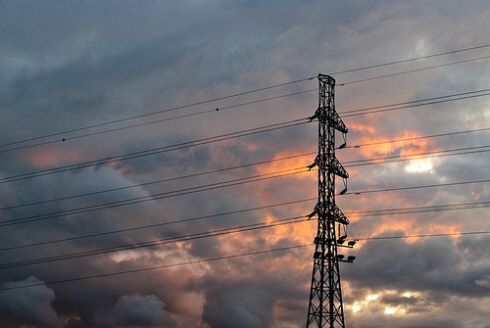
Image credit: http://www.flickr.com/photos/pukomuko/ / CC BY 2.0
You may have responded to my post on Finnish funding agency Tekes in a fashion similar to Cleantechies’ Ian Thomson: “I was left scratching my head and pondering the efficacy of this somewhat socialist approach to promoting capitalism.” He’s got a point: from the presentation we heard, you couldn’t be certain that Tekes exercised the same level of rigor in choosing companies and projects to fund that you’d expect from private capital firms. In theory, that could keep Finnish industry from moving forward as quickly as possible because of too many ill-prepared players participating in the market.
Finland’s approach to leveraging intellectual capital, however, seems very forward-thinking. In 2004, the country’s government recognized the need to spur Finland’s role in the global economy. Their answer: sector-specific Centers for Science, Technology, and Innovation (the Finnish acronym is SHOK). The concept involves the establishment of a limited liability corporation with stockholders from industry and academic research centers, all of whom agree to participate in research and development projects together, and to share the results of those projects with all of the stockholders (but may keep any background information they bring in proprietary). The first of the SHOKs, Forest Cluster, Ltd., was established in 2007.
CLEEN Oy: Finland’s Center for Clean Tech development

Clean technology development is a part of the country’s broader innovation agenda, and CLEEN Oy (Ltd.) was established in 2008 to serve this sector. Dr. Tommy Jacobson, the CEO of CLEEN, provided those of us on the Finnfacts Clean Tech Bloggers Tour with an overview of the company’s mission and work.
CLEEN’s strategic research agenda, established last September, focuses on these areas:
- Carbon neutral generation
- Distributed energy systems
- Sustainable fuels
- Energy markets and smart grids
- Efficient energy use
- Resource efficient production technologies and services
- Material recycling and waste management
- Measurement, monitoring and environmental efficiency assessment
Specific projects on the table include:
- Smart grid and energy market research: a 36 million Euros project focused on the architecture, infrastructure, management and operation of smart grid systems. This project involves 13 industry partners, and 7 research institutions.
- Recycling and waste management: a 20 million Euros project involving 7 industry partners and 7 research institutions. Areas of focus include sustainable production technologies for water intensive processes, and advanced solutions for recycling complex and new materials.
- Sustainable fuel chain combustion plants: a 20 million Euros project involving 17 industry partners and 11 research institutions.
All this is largely getting off the ground, so we’ll have to see how well it works. But the system itself would seem to provide built-in rigor for these projects: with each stockholder committing resources to a potentially profitable project, there’s incentive to leverage the intelligence of the group to move forward in strategic directions none may have conceived individually.
What do you think? A smart approach to public-private knowledge sharing and activity? Or an attempt to “command and control” the market?
Please note: Finnfacts paid for my trip to Helsinki.

